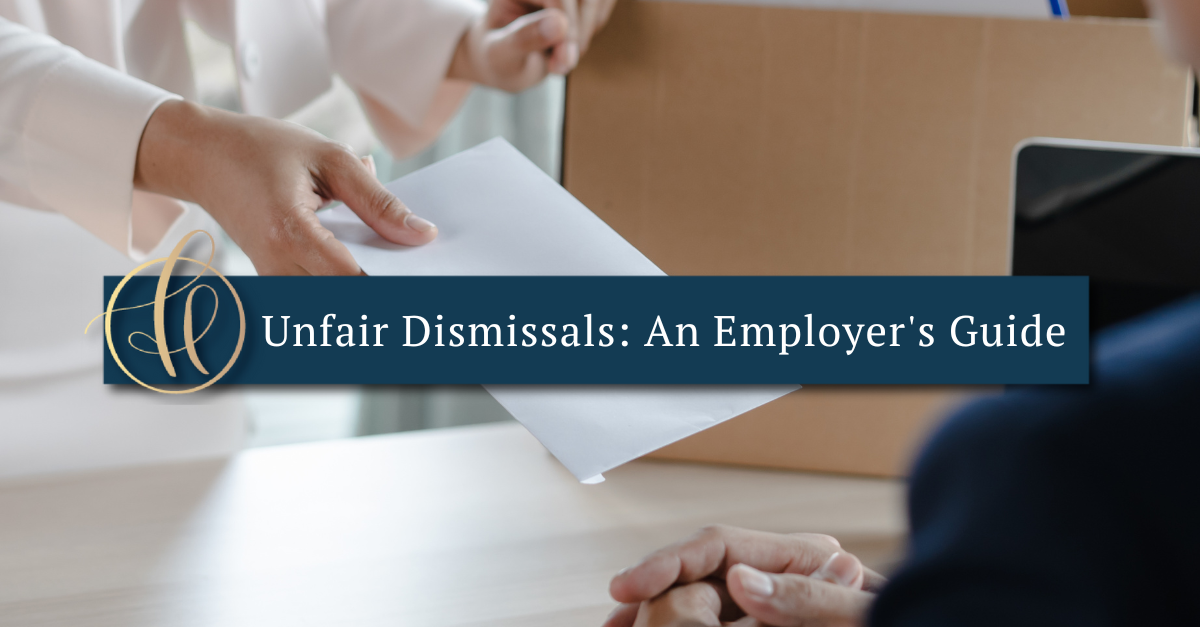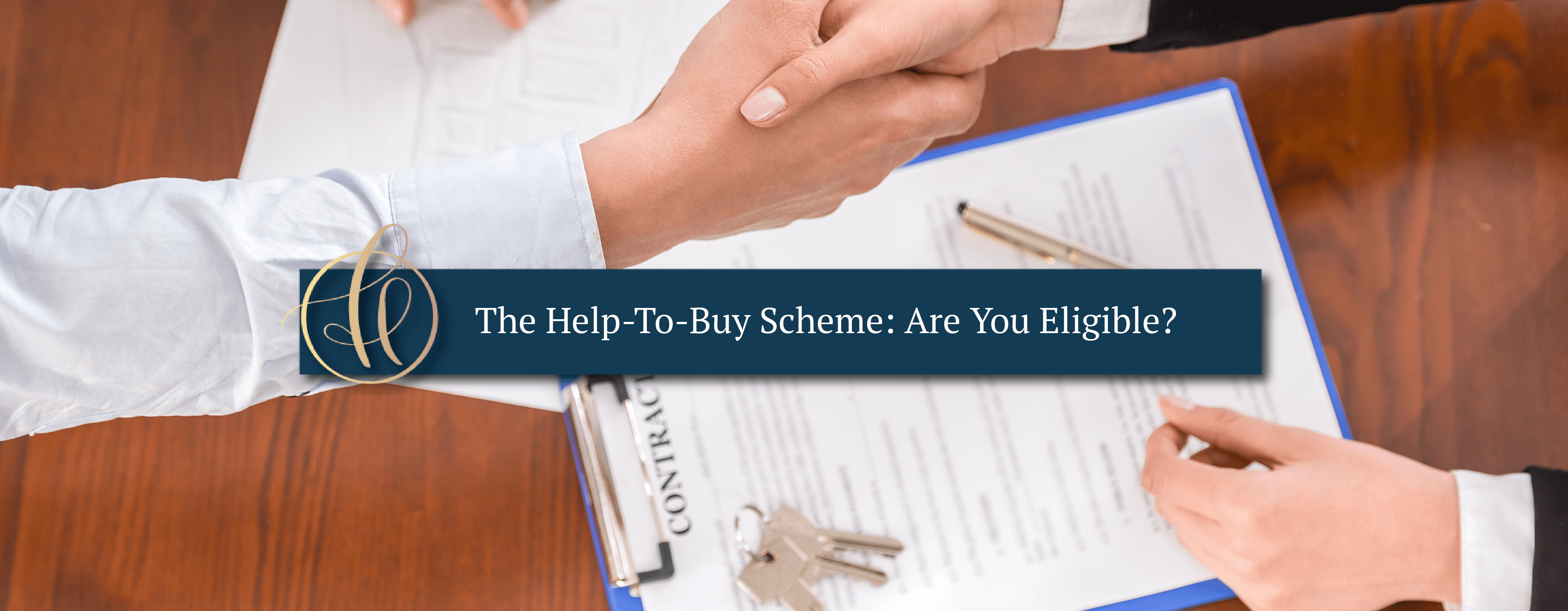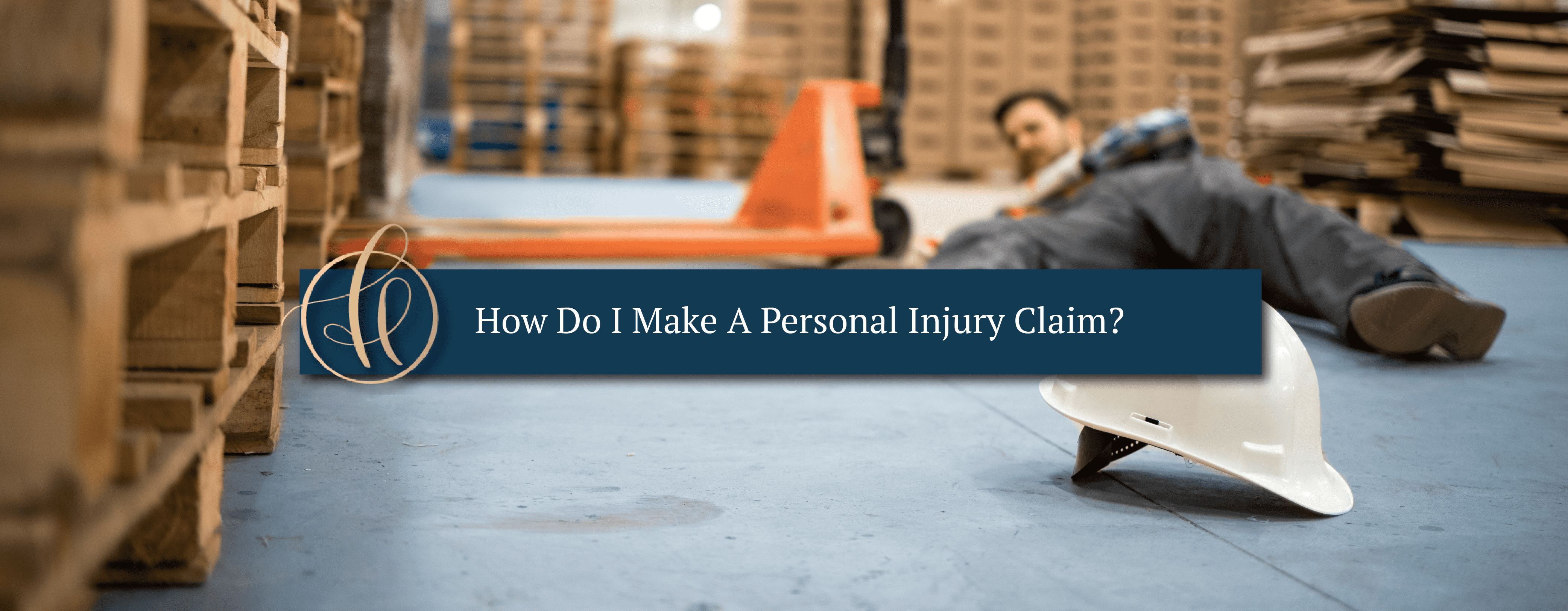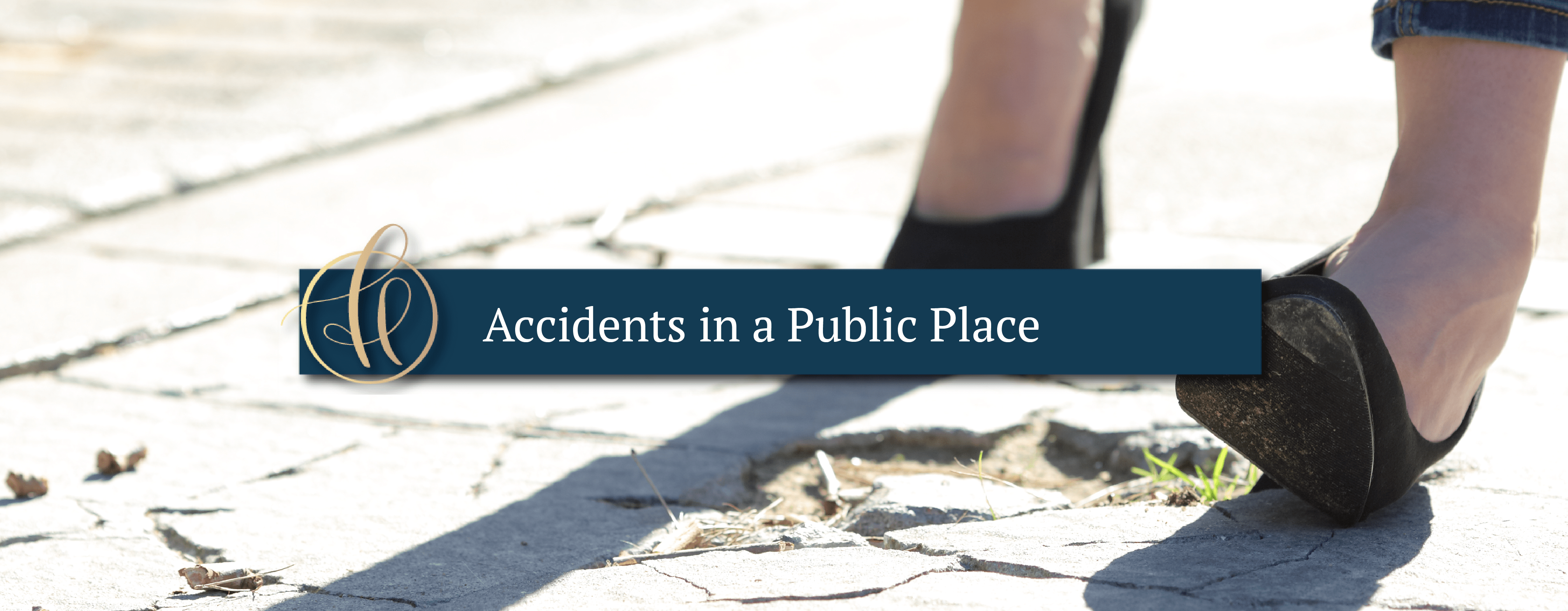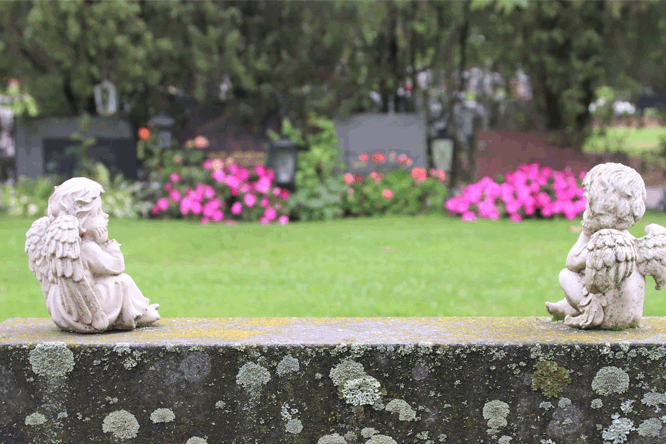As an employer, it’s essential to stay informed on employment law. You should know both how to protect yourself against unfair dismissal claims, and what to do if you are faced with one.
Under the Unfair Dismissals Acts 1977-2015, if an employee feels that they have been unfairly dismissed, with or without notice, they may seek redress by initiating a complaint to the Workplace Relations Commission.
As the employer, it will be your responsibility to provide proof that the dismissal was procedurally fair and occurred for fair reasons, namely one or more of the following:
- The employee’s ability, competence, and/or qualifications for their role
- The employee’s conduct
- Redundancy (however, if an employee was unfairly selected for redundancy they may raise an unfair dismissal claim)
- Gross misconduct, for example assault or stealing
- If continuing the employee’s contract would infringe on a statutory requirement
- Or ‘other substantial grounds for dismissal’
(Source)
There are several reasons which would be considered automatically unfair grounds for dismissal, including race, age, or sexual orientation. Read part 1 of this blog post for a full list of these reasons.
Following Fair Procedures
Whether the grounds for dismissal are considered fair or not, you must also have followed the principles of natural justice and fair procedures in dismissing the employee. For example, the employee must have been provided with details of the complaints against them, and they must be allowed to respond to same. (Source) Read the WRC’s Code of Practice on Grievance and Disciplinary Procedures for a full rundown of your requirements in relation to natural justice and fair procedures.
What Would be Required if The Claim is Approved?
The most common form of redress in the case of an unfair dismissal is monetary compensation. Usually, the maximum compensation the employee can receive is up to two years’ losses of earnings. If the employee was dismissed due to a protected disclosure, they can receive up to five years’ salary. (Source)
The employee may also have their previous role reinstated, either with or without financial compensation for loss of earnings during the period between the dismissal and the hearing. However, these two outcomes are less frequently awarded. (Source)
Have You Been Faced With an Unfair Dismissal Claim?
Our team has the expertise necessary to assist you through every step of the process.
Contact us on 021 496 3400 freephone or email us at maharvey@martinharvey.ie and we would be happy to help.

